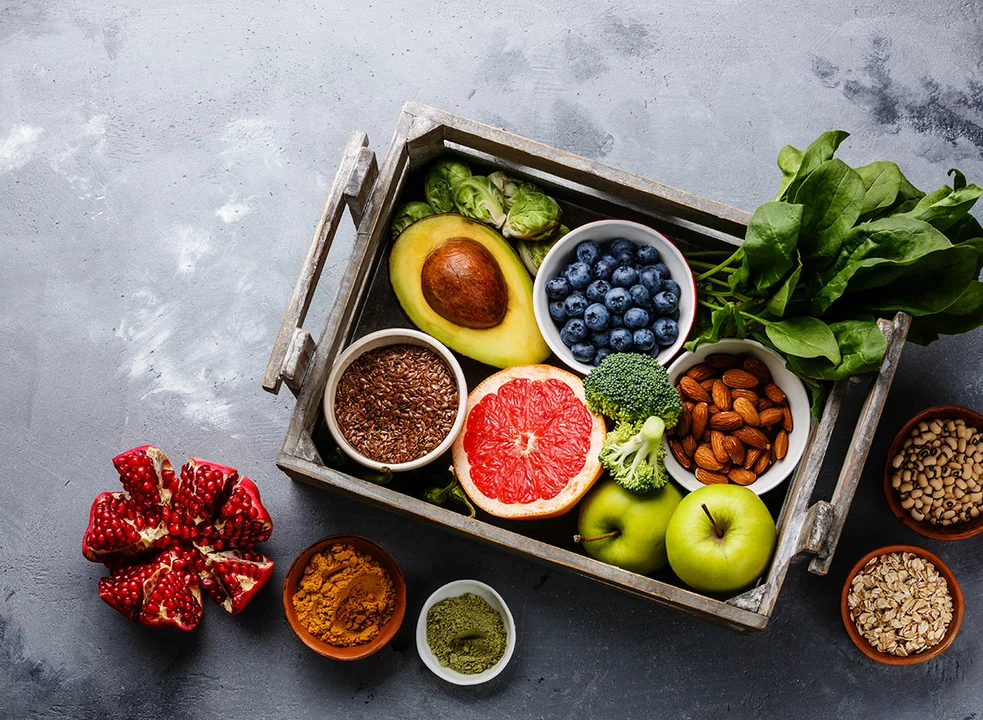Introduction to Unhealthy Indian Food
As a food lover and blogger, I've always been fascinated by the diverse and rich flavors of Indian cuisine. However, I have also come across some dishes that are quite unhealthy. In this article, I will be discussing the most unhealthy Indian foods that you should be cautious about. So, let the journey of exploring the dark side of Indian food begin!
Deep-Fried Delights: Samosas and Pakoras
Indian street food is famous for its mouthwatering deep-fried snacks like samosas and pakoras. These delicious treats are often filled with potatoes, onions, and various spices, but the downside is the excessive oil they are cooked in. Not only does deep frying add a significant amount of calories, but it also increases the risk of consuming harmful trans fats. Moderation is key when it comes to enjoying these tasty yet unhealthy Indian foods.
Decadent Desserts: Jalebi and Gulab Jamun
Sweet treats like jalebi and gulab jamun are beloved by many, but they are also some of the most unhealthy Indian desserts. Both of these sweets are deep-fried and then soaked in sugar syrup, making them extremely high in calories, sugar, and unhealthy fats. It's best to reserve these desserts for special occasions or enjoy them in small portions to avoid the negative health effects.
Calorie-Dense Curries: Butter Chicken and Malai Kofta
Rich and creamy curries like butter chicken and malai kofta are undeniably delicious, but they can also be quite unhealthy. These dishes are often made with generous amounts of butter, cream, and oil, which significantly increases their calorie and fat content. If you're watching your weight or trying to eat healthily, it's advisable to opt for lighter curries made with tomato-based sauces or yogurt instead.
Not-So-Wholesome Breads: Naan and Paratha
Indian breads like naan and paratha are often served alongside curries and other main dishes. While they may seem like a harmless addition to your meal, these breads can be quite unhealthy, especially if they are made with refined flour and slathered with butter or ghee. Opting for whole grain options like whole wheat roti or unleavened breads can be a healthier alternative.
Heavy Rice Dishes: Biryani and Pulao
Biryani and pulao are popular Indian rice dishes that are packed with flavor but can also be quite heavy and unhealthy. The generous use of oil or ghee in these dishes, combined with the calorie-dense nature of rice, can make them a not-so-healthy option. Choosing brown rice or quinoa-based dishes can be a better alternative for those looking to enjoy Indian cuisine while maintaining a balanced diet.
Excessively Spicy Foods: Vindaloo and Phaal Curry
Indian cuisine is known for its bold and spicy flavors, but some dishes like vindaloo and phaal curry can be excessively spicy. Consuming extremely spicy foods can cause stomach irritation, heartburn, and other gastrointestinal issues. If you're sensitive to spice or have a history of digestive problems, it's best to avoid these fiery dishes or ask for a milder version when ordering at a restaurant.
Unhealthy Cooking Methods: Tandoori and Deep-Fried Dishes
While tandoori dishes may seem like a healthier alternative to deep-fried foods, they can still be quite unhealthy due to the high heat used in the cooking process. The high temperatures can cause the formation of harmful compounds called advanced glycation end products (AGEs), which have been linked to inflammation and chronic diseases. Opting for dishes cooked at lower temperatures, like steamed or poached, can be a healthier choice.
Conclusion: Enjoy Indian Food in Moderation
Indian cuisine offers a wide array of delicious and flavorful dishes, but some of them can be quite unhealthy due to their high calorie, fat, and sugar content. Enjoying these dishes in moderation or opting for healthier alternatives can help you maintain a balanced diet while still indulging in the incredible flavors of Indian food. Remember, it's all about balance and making mindful choices when it comes to enjoying any cuisine.





